In an era where stress and anxiety seem to be ubiquitous, a simple solution may lie beneath our feet – in the soil of our gardens. Recent studies are shedding light on the remarkable mental health benefits of getting down and dirty, quite literally.
An increasing corpus of research has begun to uncover the surprising benefits of a pastime that is typically associated with childhood: playing in the dirt. This research has been conducted in recent years. There are a number of studies that suggest that getting your hands filthy in the soil might have a beneficial effect on mental health, despite the fact that this may appear to be counterintuitive.
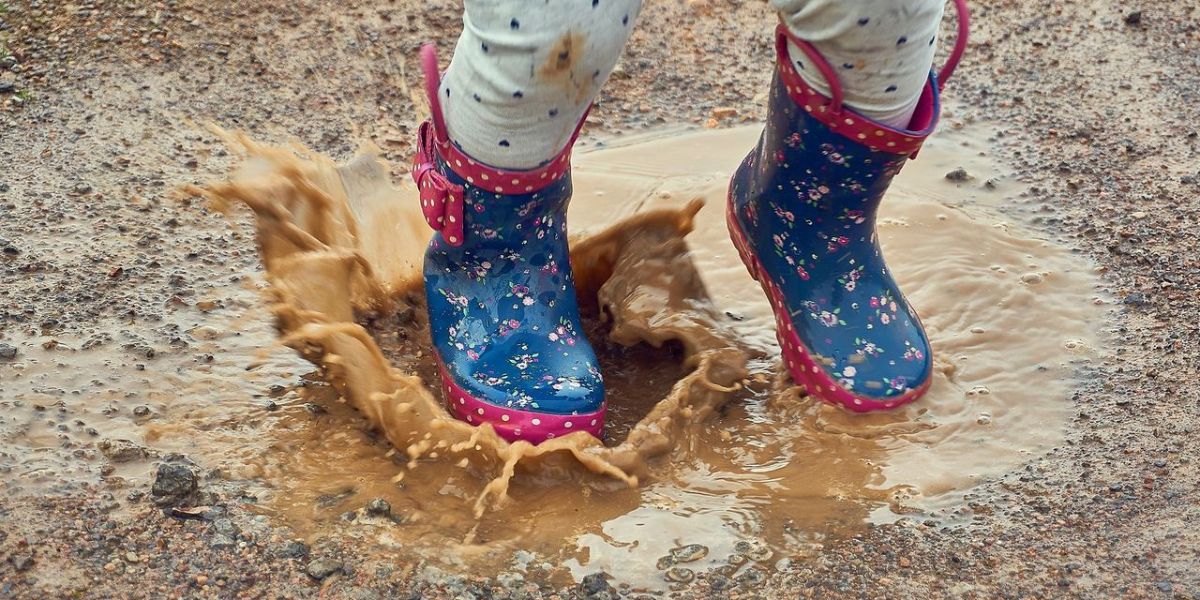
Groundbreaking research suggests that spending time in the garden, digging, planting, and simply reveling in the earthy aroma of healthy soil, can be a natural antidepressant. But how does soil hold the power to uplift our spirits?
The answer lies in the intricate world of microbes.
What are Microbes?
Microbes, those tiny organisms such as bacteria, fungi, and viruses, inhabit the soil in abundance. Surprisingly, certain microbes, dubbed the “happy” microbes, have been found to trigger a positive chain reaction within our bodies. These beneficial bacteria, thriving in organic soil, have been linked to increased cytokine levels in humans. Cytokines are proteins produced by immune cells and are known to influence our mood and emotions.
The key player in this microbial symphony is serotonin, often referred to as the “feel-good” neurotransmitter. When exposed to the “happy” microbes in soil, our bodies respond by ramping up serotonin production. This surge in serotonin levels can induce feelings of relaxation and happiness, offering a natural remedy for stress and depression.
Hidden Benefits of Playing in Dirt

The benefits of playing in the dirt extend beyond mood enhancement. A growing body of research suggests that early exposure to a diverse array of microbes may confer long-term health advantages. Studies indicate that such exposure could potentially reduce the risk of developing conditions like asthma and allergies later in life.
This revelation challenges the prevailing notion that all microbes are harmful and underscores the importance of embracing the microbial world around us. By reconnecting with nature and immersing ourselves in the soil, we may inadvertently be nurturing our physical and mental well-being.
Furthermore, gardening offers a multifaceted approach to improving mental health. The act of tending to plants, watching them grow, and harvesting the fruits of our labor can instill a sense of accomplishment and purpose. It provides an opportunity for mindfulness, allowing us to focus on the present moment and temporarily escape the stresses of daily life.
Spending time outside can be beneficial for those with ADHD: According to the findings of a number of research, green areas alleviate the symptoms that are connected with attention-deficit/hyperactivity disorder (ADHD).
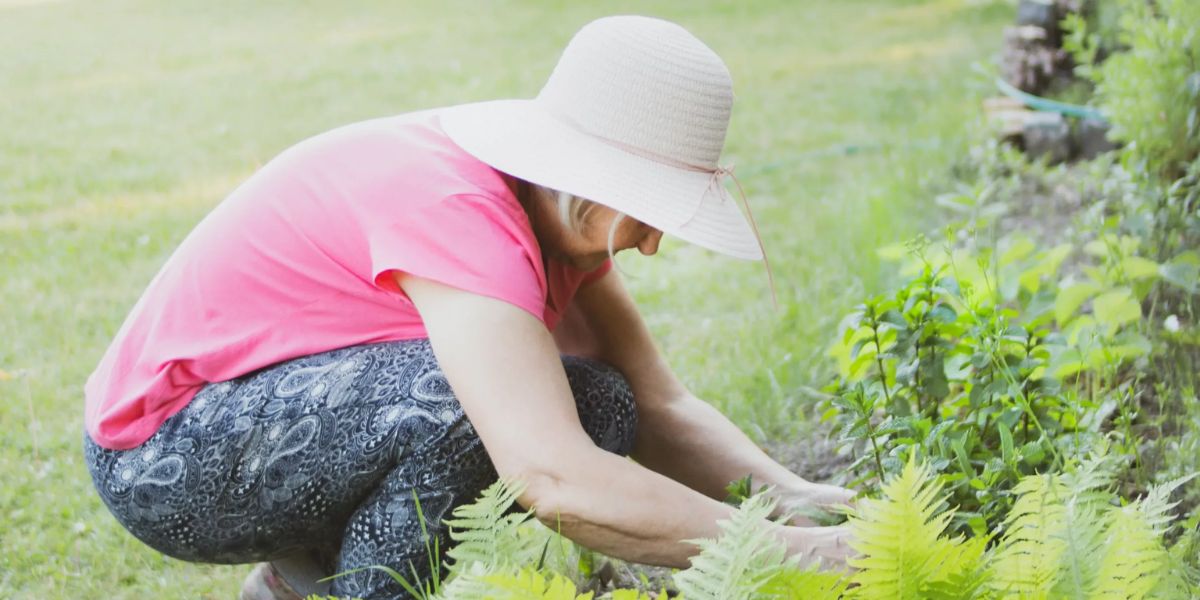
Dr. Frances Kuo and Andrea Faber Taylor, both of the University of Illinois, have done a number of experiments on the relationship between wellness and environment. The results of these investigations consistently demonstrate that spending time outside increases one’s ability to pay attention.
According to the findings of one study, the improvement in ADHD symptoms was more pronounced when the environment was greener. Another study discovered that the advantages extended beyond simply being outside and included being in a green area. This was the case regardless of the activity. In addition, the research conducted by Kuo and Taylor demonstrates that individuals who reside in the most desolate locations have a higher level of mental tiredness, which is defined as an inability to direct and maintain attention, in comparison to those who reside in more verdant areas.
As we delve deeper into the intricate relationship between soil microbes and human health, it becomes increasingly clear that our connection to the earth is profound and multifaceted. By embracing the therapeutic potential of playing in the dirt, we not only nurture our gardens but also cultivate a healthier, happier mind.
There is a long-standing association between frequent exposure to dirt and positive health outcomes, such as reduced incidences of Crohn’s disease, asthma, and allergic reactions. According to The New York Times, a recent study has shed light on the function that soil microorganisms play in lowering inflammation and enhancing mental health.
How to spend more time in the mud?
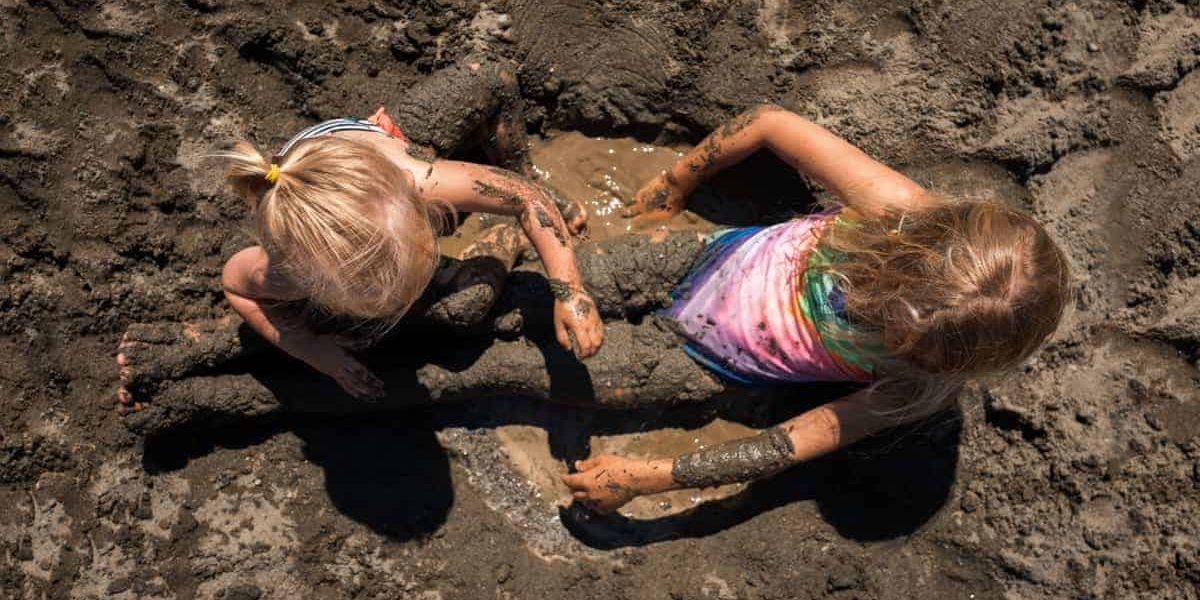
“We’re breathing in a tremendous amount of microbial diversity,” Christopher A. Lowry, a professor of integrative physiology at the University of Colorado Boulder, said in an interview with The New York Times. “Just by being out in nature.”
Here are some methods to spend time in nature, which may provide some health benefits along the way. These activities range from getting dirty to staying clean, and they cover a wide spectrum of activities.
Cultivate or harvest plants
Start a garden close to your house and get your hands filthy in the process. You should choose something that you would love looking at or eating, whether it be fruits, veggies, flowers, or herbs.
Even if you do not have a garden, you can still have a similar opportunity to interact with the earth by harvesting plants, whether it be for apples, berries, or other seasonal treats.
Additionally, gardening may enable individuals to increase their physical activity, improve their diet, decrease their stress levels, and enhance their mental health.
Planting has been shown to have therapeutic effects as per studies. It is an activity that intrinsically requires contact with the earth. Horticultural therapy is a therapeutic approach that involves persons engaging in gardening activities with the goal of enhancing their mental well-being. Stress, anxiety, and sadness can all be alleviated via the combination of engaging in physical activity, spending time in natural settings, and discovering the satisfaction that comes from tending to potted plants.
Take a walk in the woods.
Through the activity of hiking, folks are able to get in touch with nature and dirt without really having to get dirty. This is true whether the hike is a brief stroll or a multiday excursion. It is an excellent way to get some exercise and it also provides a change of scenery.
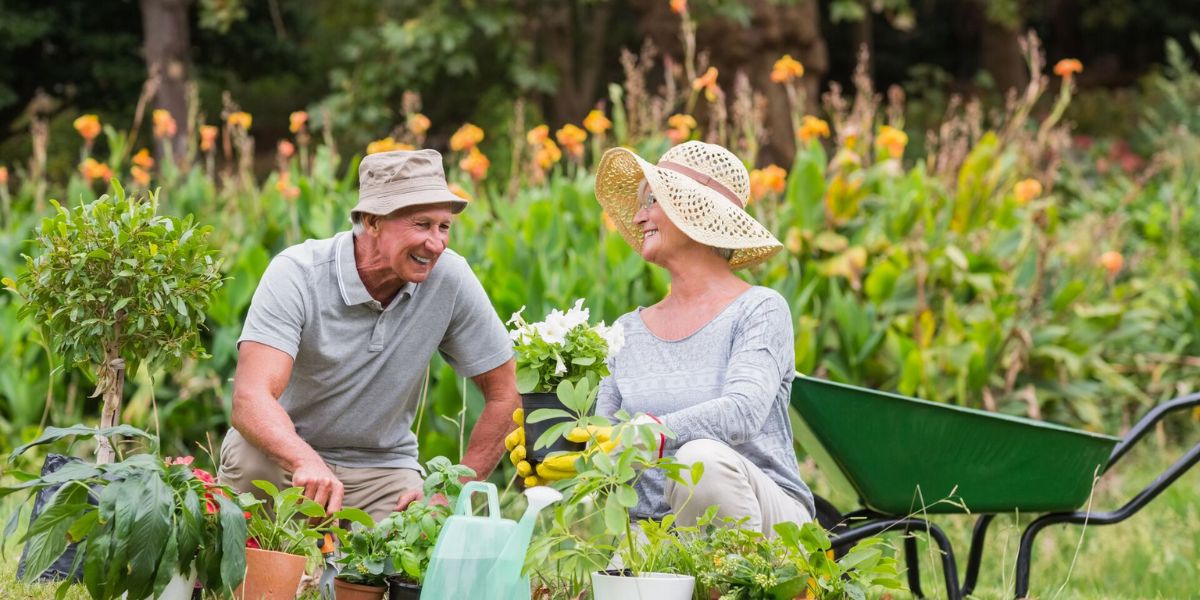
Additionally, the National Park Service asserts that hiking has been demonstrated to help:
- Construct bones and muscles that are powerful.
- Try to improve your feeling of equilibrium.
- Your heart health should be improved.
- Cut down on the likelihood of developing certain respiratory issues.
- Lessen your stress.
- Calm your anxiousness.
- Reduce the likelihood of experiencing depression.
- Maintain and improve relationships.
Hold a picnic in the open-air
Join your loved ones or friends for a picnic in the open air and take in the sights and sounds of nature. Look for a park in the neighborhood, or simply just sit on a blanket in the backyard. If you do not want to select all of the food yourself, you might want to think about making the picnic a potluck, in which everyone brings their own food to share or suggests what they would like to bring themselves.
If you want to make the picnic a more memorable experience while also encouraging everyone to spend more time outside, you might want to bring some board games or outdoor games.
In addition, according to Healthline, spending time outside, such as by having a picnic, will help with the following:
- Take a breath.
- Get some rest.
- These are symptoms of depression.
- Inspiring oneself to work out.
- Mental restoration.
- It is an immune system function.
Want to see more ideas?
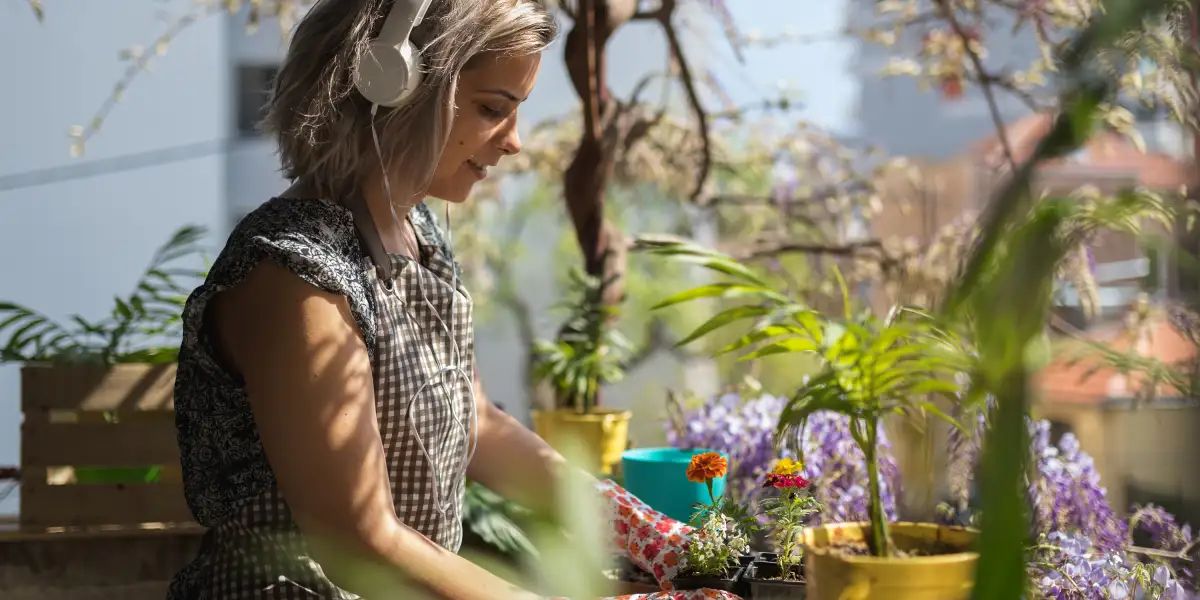
In the event that none of these suggestions resonate with you, you might want to have a look at the list that follows in order to locate something that you and your family could find enjoyable.
Play at the beach and construct a sandcastle.
After it has rained, try playing in a pool of mud.
Develop a pile for composting.
For fishing purposes, dig for worms.
Make works of art inspired by nature by utilizing leaves, mud, and other natural elements.
Join in on the effort to clean up the community.
Create a fire pit and toast some marshmallows over it.
Try your hand at a yoga lesson outside.
Go on a camping trip.
Have a treasure search in the great outdoors.
Rocks and minerals should be collected.
Go out and geocache.
Nature is a great place to practice mindfulness meditation.
Embark on a walk across the natural world.
Make a garden for the fairies.
Try your hand at birding.
Using sticks and branches, construct a fort for yourself.
Have a night of games with your family outside.
Cultivate a tree.
Take a stroll through the wildflowers.
Give your time to a project that involves trail maintenance.
Make a feeder for the birds.
Begin a nature club with your close companions.
Attend a cookout with a campfire.
Learn how to ride a horse by enrolling here.
Engage in a game of catch or frisbee at the park.
You may try rock climbing outside.
Prepare a telescope and observe the night sky.
Take a spin on a bike through some dirt trails.
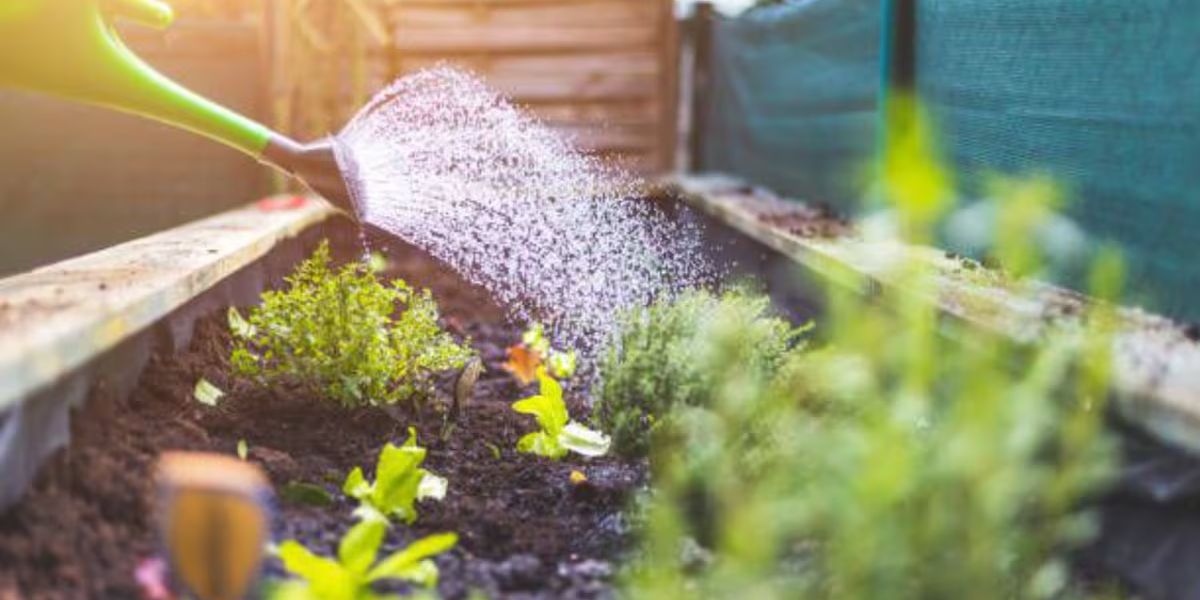
Take part in a mud run.
In your garden, construct a small version of a golf course.
Have a thrilling experience climbing trees.
Participate in a workshop learning survival skills, and put the abilities you’ve acquired to use.
Try your hand at drawing or painting outside.
Conduct a dig for fossils.
Organize a camping trip in your backyard by erecting a tent and setting that up.
After nightfall, go out into the world and tell scary stories.
Plan a trip to go fishing.
Attempt cooking in the great outdoors using a camp stove or a Dutch oven.
Establish a collection of fossils and rocks that are of interest to you.
You should go on a bug hunt.
Give forest bathing a shot.
Construct a small sailing vessel and take it for a ride along a creek.
Have a go at foraging for edible plants in the wild.
To unwind in the shade, set up a hammock, and hold a competition to see who can collect the most leaves.
Participate in a photography class that focuses on nature.
Tracking wildlife is an option.
Enjoy a night of watching movies under the stars.
Try your hand at knitting or crocheting outside.
A leaf pressing exercise should be done.
Have a sing-along around the campfire.
Try archery in the open air.
Construct a bug hotel with the purpose of attracting helpful insects.
Think of painting with watercolors outside.
For the purpose of observing animals in their natural environment, a wildlife observation blind should be set up.
Do a challenge involving the identification of plants.
Conduct a scientific experiment that is based on nature.
Try your hand at flying and constructing kites outside.
Establish a habitat for the local wildlife in your backyard.
The Science Behind Soil
There is a bacteria known as Mycobacterium vaccae that may be responsible for the relationship between soil and mental health. This bacteria, which is found naturally in soil, has been demonstrated to boost the creation of serotonin when it is inhaled or absorbed via the skin. Serotonin is a neurotransmitter that plays a role in the regulation of mood, and the administration of antidepressant drugs frequently aims to enhance its levels.
Some of the Additional Advantages for Children
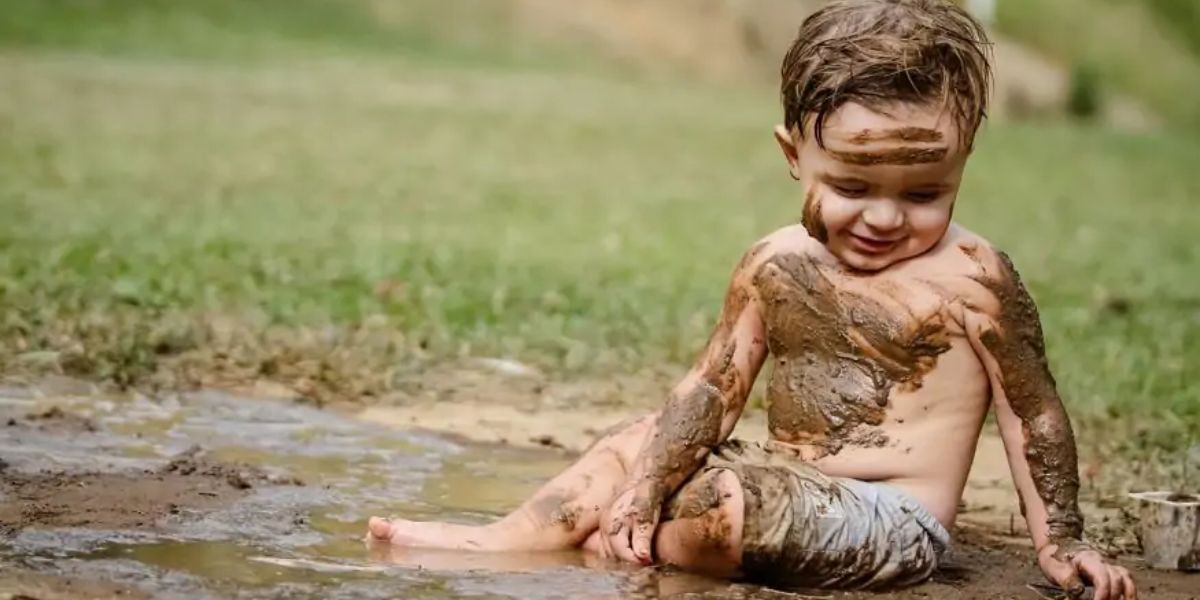
Playing in the dirt is not only a pleasurable activity for children, but it also serves as a useful instrument for their growth. It promotes the development of creative thinking, problem-solving skills, and sensory abilities. Additionally, earlier contact with the myriad of bacteria that are found in soil has the ability to fortify the immune system and potentially lessen the likelihood of developing asthma and allergies.
A change in one’s point of view
These findings call into question the contemporary trend toward excessive cleaning and bring to light the significance of emphasizing the value of appreciating the outdoors and the natural environment. The simple act of playing in the dirt provides a low-cost and easily accessible method of support at a time when society is struggling to deal with an increasing number of mental health concerns.
Final Thoughts
Despite the fact that additional research is required to properly comprehend the connection between soil and mental health, the information that has been gathered up to this point suggests that the ground beneath our feet may be a potential ally in the investigation of psychological well-being. It is therefore possible that the next time you find yourself feeling depressed, it would be beneficial for you to go outside and get your hands dirty.










